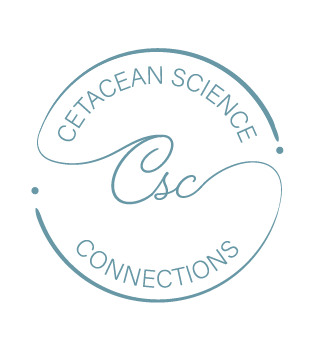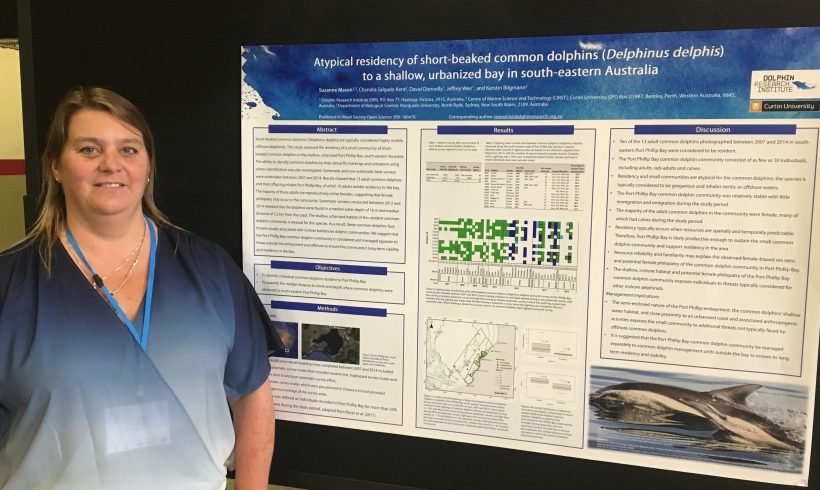I didn’t plan on becoming a marine scientist—it happened by accident! My career began in the classroom as a primary school teacher, but a holiday volunteering opportunity changed everything. While assisting university researchers with a humpback whale project in Maui, Hawaii, I found myself captivated by these huge creatures. The animals we were studying dwarfed the boat we were working from. That serendipitous experience introduced me to marine science and seeded my passion for science.
What started as a holiday passion quickly became a life pursuit. I returned to the Hawaiian project for several seasons. I also volunteered on a similar research project in Australia. Then, I decided to pivot. I headed back to university, completed a Bachelor of Science (Honours), and eventually earned my PhD. My PhD research focused on the common dolphins that reside in Port Phillip. This sparked a deep passion for connecting people with the unique marine life right on our doorstep.
For over 10 years, I was the Research Director at the Dolphin Research Institute. During this time, I juggled teaching, research, and my PhD. In 2019, with a heavy heart, I left DRI. My personal mantra of ‘Good science, good people, good puppies, and good coffee‘ has driven me since completing my PhD. So, I made the tough decision to follow my heart.
I then had the privilege of teaching Science at Camberwell Girls Grammar School. This was the first time I had taught in a single-gender school. The experience reinforced my desire to support females and I am especially motivated to help those who want to do well in the sciences.
Now, I love sharing my journey, blending my background in education with my love for science and cetaceans. I run girls in science workshops, ‘Cetacean Sisters’, on Phillip Island and the Mornington Peninsula in Victoria. I’m also an honorary research fellow at Deakin University. I value passing on my knowledge and experiences to up-and-coming researchers. My goal is to inspire the next generation of scientists, especially females. I want to help them discover our local temperate marine and the cetaceans that reside and migrate through them.
Good science is crucial to drive evidence-based conservation.

